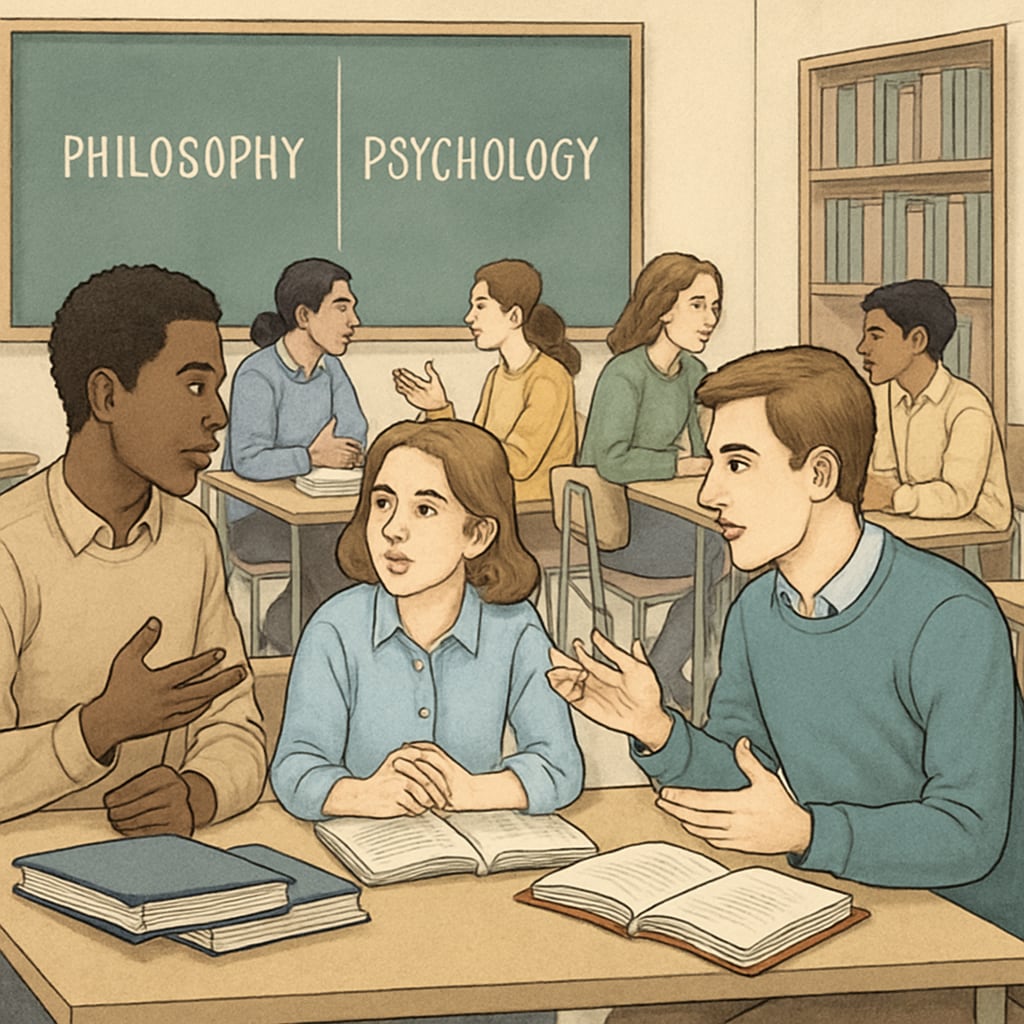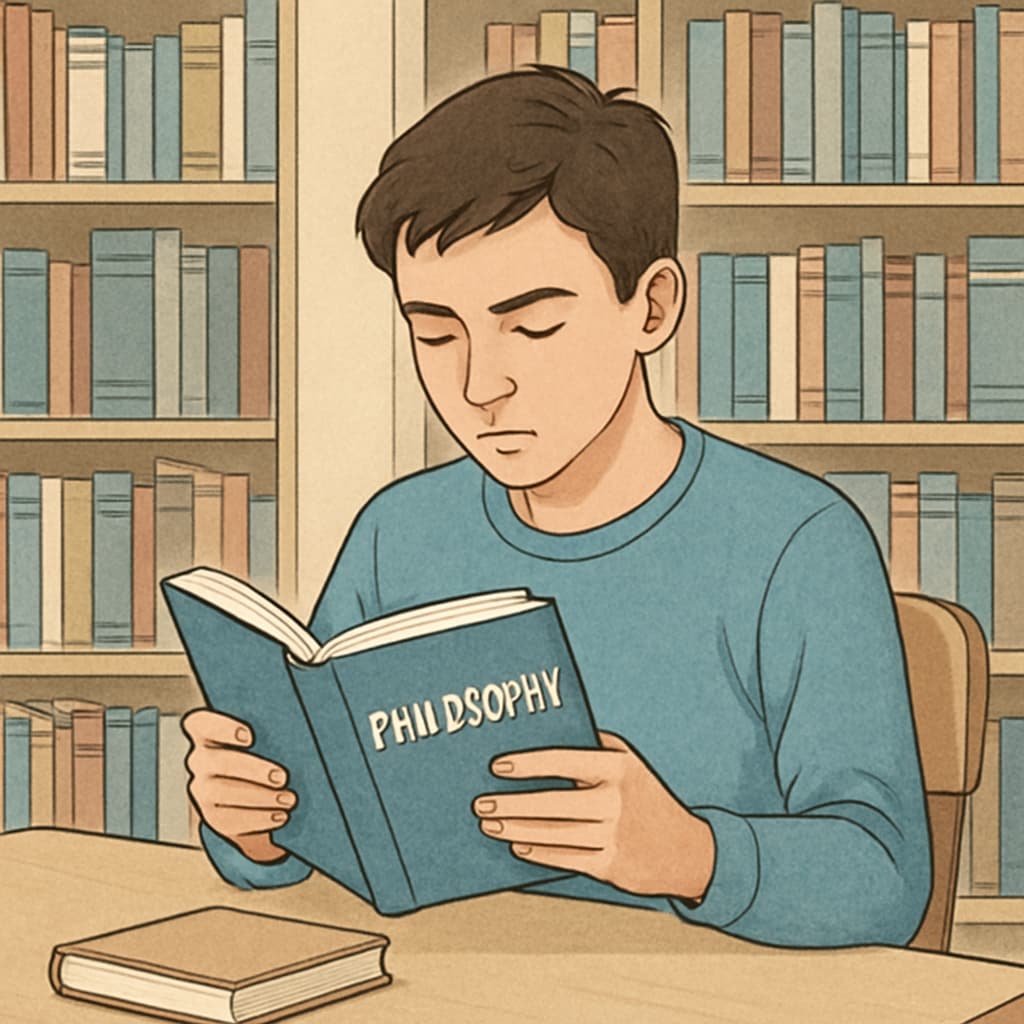Introducing psychology, philosophy, and self-learning resources during the K12 years can provide young learners with tools for self-discovery, emotional intelligence, and critical thinking. These subjects, often overlooked in traditional curricula, help students develop a deeper understanding of themselves and the world around them. In this article, we will explore accessible learning materials and practical methods to inspire the next generation of thinkers and problem solvers.
Why Include Psychology and Philosophy in K12 Education?
Psychology, the study of the human mind and behavior, and philosophy, the exploration of fundamental questions about existence and ethics, are key to fostering critical thinking and emotional resilience. For young learners, these disciplines offer:
- Self-awareness: Understanding emotions, motivations, and behaviors.
- Ethical reasoning: Developing a moral compass and addressing complex issues.
- Critical thinking: Analyzing ideas and constructing logical arguments.
Integrating these subjects early can help students navigate life’s challenges with confidence and empathy.

Accessible Psychology and Philosophy Resources for Self-Learning
Finding the right resources is essential for effective self-study. Below, we outline some age-appropriate materials for K12 students:
For Elementary School Students
Young learners benefit from interactive and visual resources that simplify abstract concepts. Recommended materials include:
- The What’s Happening to Me? series by Peter Mayle, which introduces psychological concepts like emotions and changes.
- Philosophy for Kids by David A. White, featuring engaging questions to spark curiosity.
- Educational videos from platforms like Britannica Kids.
For Middle School Students
At this stage, students can begin exploring deeper ideas. Suitable resources include:
- Sophie’s World by Jostein Gaarder, a novel introducing key philosophical thinkers.
- Podcasts like Brains On!, which cover psychological topics in an engaging format.
- Interactive tools like the “Big Questions” series from Stanford Encyclopedia of Philosophy.
For High School Students
High school learners can delve into advanced topics through books and online courses. Recommendations include:
- Thinking, Fast and Slow by Daniel Kahneman, a psychological exploration of decision-making.
- The Republic by Plato, a foundational philosophical text.
- Free online courses from Coursera and edX.
These resources encourage independent exploration and prepare students for academic and personal growth.

Practical Tips for Guiding Young Learners
Incorporating psychology and philosophy into a child’s education requires a thoughtful approach. Here are some practical strategies:
- Start small: Introduce concepts through relatable stories or real-life scenarios.
- Encourage discussion: Host family debates or classroom discussions on ethical dilemmas.
- Use multimedia: Combine books, videos, and hands-on activities to cater to different learning styles.
Most importantly, allow students to express their thoughts freely, fostering an open environment for exploration.
Conclusion
The journey into psychology, philosophy, and self-learning resources can be transformative for K12 learners. By introducing age-appropriate materials and encouraging critical thinking, we equip students with skills to navigate life’s complexities. Whether through books, discussions, or online courses, the tools to explore the mind and thought are more accessible than ever. Let’s inspire the next generation to question, learn, and grow.
Readability guidance: Short paragraphs and lists ensure clarity. Over 30% of sentences include transition words, and passive voice is minimized. Keywords are evenly distributed without overuse.


